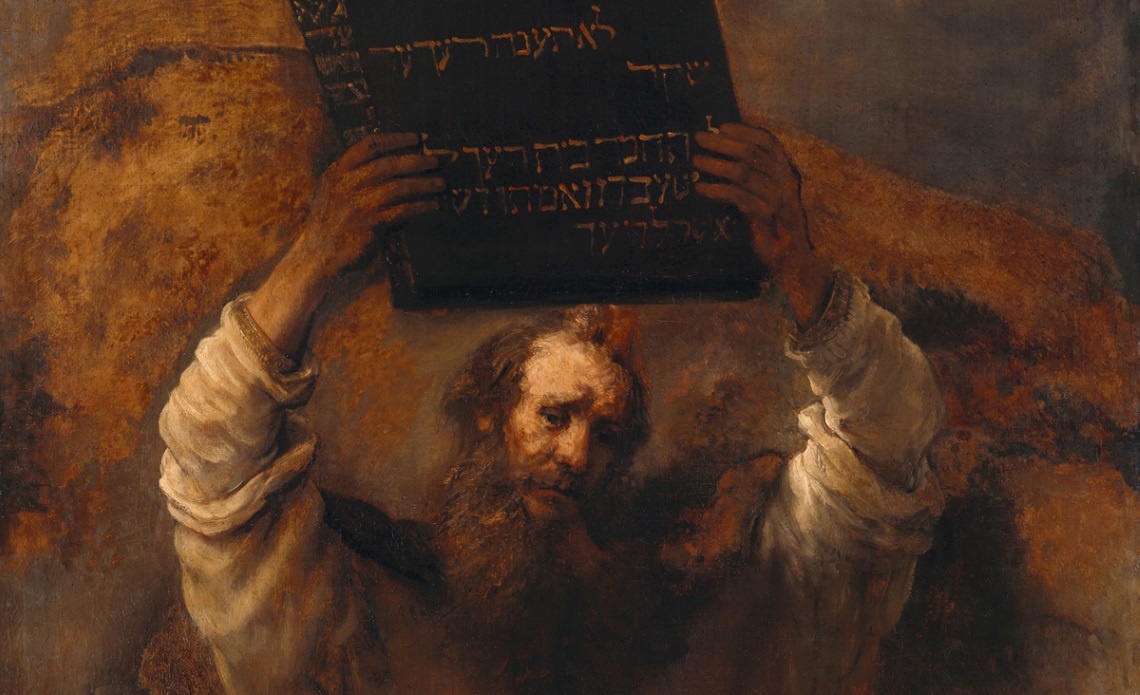
Drawing upon the Patristic distinction between God’s transcendent and hidden essence (ousia), and His energies (energeia,) which are operative and manifest throughout creation, we can understand God’s commandments not as formal dictates but as His own energies addressing us personally and inviting us to be “partakers of the divine nature” (2 Peter 1:4) The commandments, then, are not merely or even primarily moral but transformative and ontological, concerning our very being.

By George Mantzaridis
God’s commandments are not abstract concepts but personal energies addressed to man and inviting him to the likeness of God. They are the light that illuminates man’s life and guides his actions. The perfect commandment of God and its perfect observance are manifest in the person of Christ. That perfect commandment is the commandment of love as manifested by Christ. Its perfect observance by Christ is fulfilled in Christ’s complete resignation to the will of the Father.
Christ does not look at God’s commandment objectively. He does not treat it as an external formality demanding His compliance. He loves the Father, therefore He respects His commandments. Christ as man resigns himself completely to the Father’s commandment and makes the Father’s will His own. He experiences the Father’s Commandment as a divine energy with which He identifies His human energy.
Man was initially granted the power to observe God’s commandments. The decline of his powers or their use in ways contrary to God’s commandments resulted from sin. It was sin that detached man from God and dissociated his energy from divine energy. This is not only a moral but also an ontological phenomenon. Therefore man’s salvation is not achieved only on the moral but also on the ontological level. It is offered by the grace of the sacraments and is perfected by the observance of the commandments.
When the ontological character of the commandments is forgotten, the moral life of Christians is deadened and distorted. Believers cease experiencing a sense of communion with God. The divine commandments are either treated as matters of mere form or they are seen as autonomous and they are idolized. In the former case, moral life is deadened, while in the latter the risks of pharisaism and fundamentalism are evident.

About the Author

- George Mantazaridis, Professor Emeritus at the School of Theology of Aristotle University in Thessaloniki, was born in Thessaloniki in 1935. One of the most important and most prolific theologians of Greece in recent times, he is the author of more than 135 books and articles.
- January 22, 2019ArticlesGod’s Commandments as Divine Energies